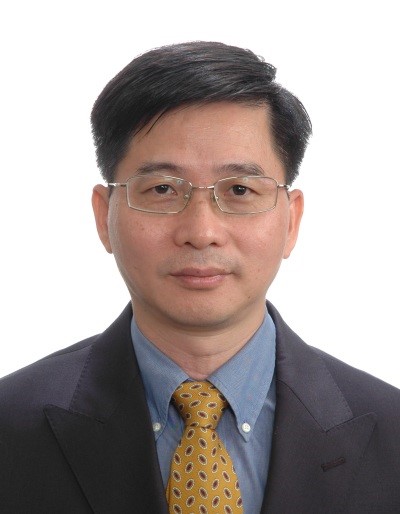

题目:Gait Training Robots for Neurorehabilitation
时间:2018年12月19日 10:00-11:00
地点:suncitygroup太阳新城官网 F207会议室
邀请人:陈根良副教授(汽车工程研究院)
Biography
Dr. Yu Haoyong is an Associate Professor of the Department of Biomedical Engineering at the National 
University of Singapore. He received his Bachelor's Degree and Master's Degree from Shanghai Jiao Tong University and PhD from Massachusetts institute of Technology (MIT). His current research interests include biomedical robotics and devices, rehabilitation engineering and assistive technology, biologically inspired robotics, intelligent control and machine learning. Dr. Yu has published more than 160 papers in the top tier journals and leading conferences in robotics and control in recent years. http://www.bioeng.nus.edu.sg/biorob/
Abstract
Stroke is the leading course of adult disability due to the rapid population aging. Robots can be used in stroke rehabilitation to reduce the labor intensity as well as improve functional outcomes. However, the potential of robot-assisted rehabilitation has not been realized due to the limitation of the design, sensing and control of the robotic systems. The key limitations of current rehabilitation robots are in the areas of actuator design, system design with consideration of human biomechanics, and the sensing and control methodology to allow user initiated movement.
In this talk, Prof. Yu will introduce the design, sensing, and control for a novel robotic exoskeleton for sub-acute and chronic stroke patients and a robotic walker for stroke patients to conduct over-ground gait training. The exoskeleton robot consists of a knee joint and an ankle joint actuated by the same novel series elastic actuator (SEA) with Bowden cables. The robotic walker provides both bodyweight support, pelvic support and Functional Electrical Stimulation (FES). These robots adopts machining learning algorithm based on wearable sensors for the robot to synchronize with the human movement and provide the assistance at the right gait phase.
Data from the preliminary clinical trials with stroke patients will also be presented to show that the systems can improve the gait patterns of the patients.
